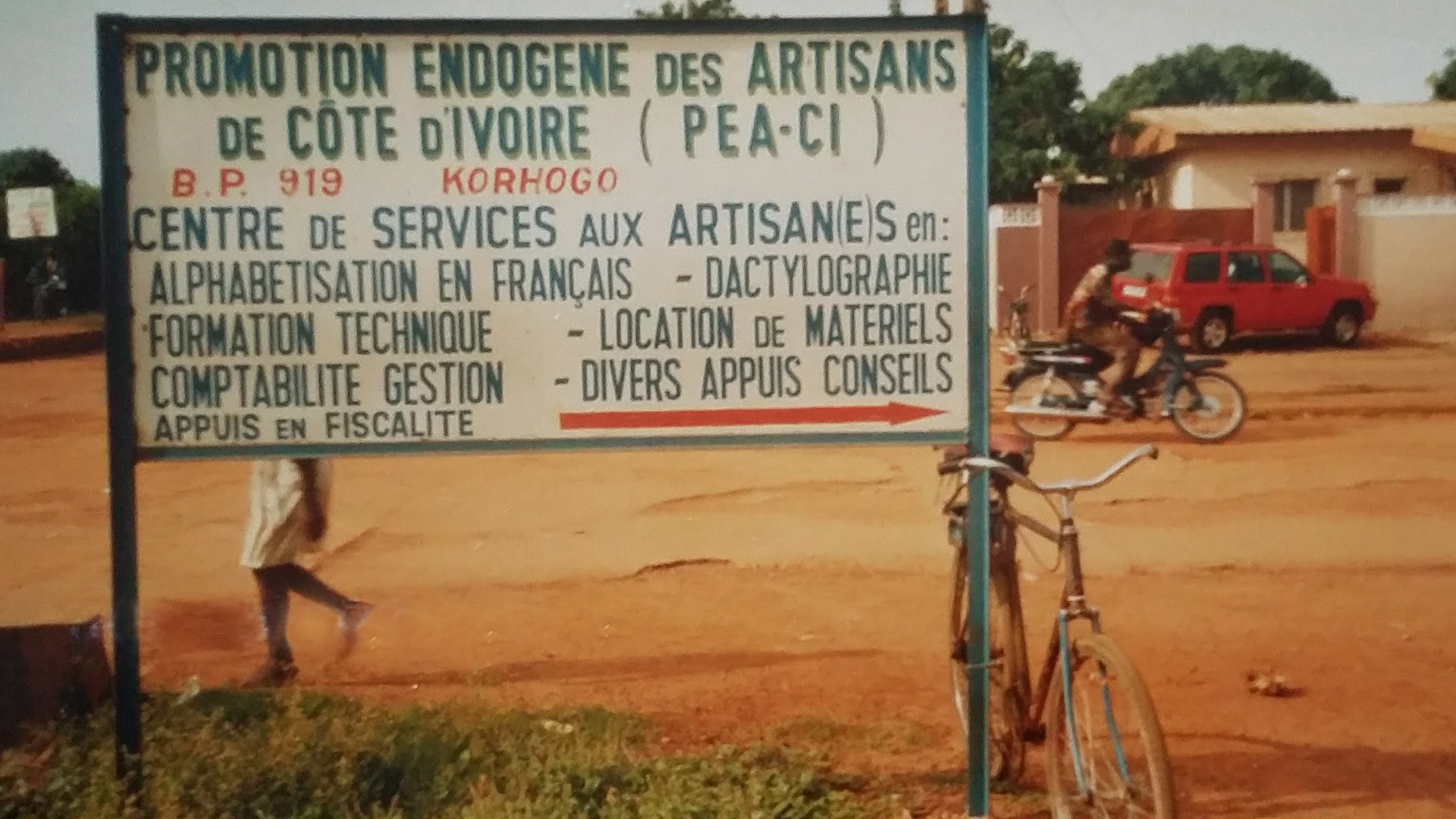Call for Contributions! NORRAG Special Issue 08: The Education-Training-Work Continuums: Pathways to socio-professional inclusion for youth and adults
NORRAG, an associated programme of the Geneva Graduate Institute, Switzerland, invites contributions to NORRAG Special Issue (NSI) 08 on The Education-Training-Work Continuums: Pathways to socio-professional inclusion for youth and adults.
The contributions are expected to be short written articles (typically around 1200-1500 words) or multimedia material that can speak to a wider audience of policymakers, academics, researchers, civil society organizations, and other actors working in education and training. Articles should be submitted in English or French, but if you wish to send one in any of the other UN languages please let us know.
As a first step, please indicate your interest by sending us a short abstract by 27 June 2022 of no more than 250 words. This will help us ensure a good balance of articles from diverse contributors in different regions. We will advise contributors by the beginning of July and would expect to receive the first draft of the selected articles themselves by 15 August 2022. Papers will be peer reviewed and returned with feedback by early September. Authors will then revise and resubmit their articles by early October, with a view to publishing the Special Issue on the Education-Training-Work Continuums at the beginning of December 2022.
Background:
A Continuum is “a continuous sequence in which adjacent elements are not perceptibly different from each other, but the extremes are quite distinct“ (Oxford languages), that is, without discontinuities. Discontinuities between the fields of education, (E), training (T) and work (W) create many problems for learners of any age. These sectors operate on the assumption that an individual progresses on a straight and linear path from basic education to professional training, and on to work – hopefully to decent work. And that each of these steps takes place in a dedicated sphere. Unfortunately, existing discontinuities between the three fields have often impacted underprivileged people who do not have the resources to face the dire consequences these have on their lives (such as inequalities and exclusion). Remedies to these discontinuities have been seen in public policies, PPPs and private initiatives.
Taking a continuum perspective to E, T and W allows us to respond to the increasing fracturing and discontinuities in what is no longer a continuum. In this Special Issue, therefore, we propose to explore the possibilities of challenging and undermining these discontinuities by implementing different types of ETW Continuums (ETWCs). This is an open-ended perspective, where discontinuities are not only considered as a mere fact, but as contextualized phenomena observed by ETW stakeholders through various lenses. Addressing the range of disruptive discontinuities between or within each of the three sectors is assumed to be less costly, than remaining in silos, both for ETW stakeholders and the youth/adults they purport to serve.
A collection of diverse works is needed to unpack the challenges that have emerged in the past decades, bring new lenses, imaginaries and insights to them, and shine a stronger and more transgressive light on the way forward. To this end we propose six sections or themes, with five papers to be published in each. Authors should indicate which theme or themes they are addressing, with reference to the outline below (click “read more” for more details on each theme). We encourage collaborative authorship to strengthen perspective and engagement across contexts.
Six Themes in NSI 08:
- ETWCs in historical perspective: from “traditional” apprenticeship to integrated multinationals in the South
- Innovations and experiments in the 80s and 90s that could be considered antecedents of ETWCs
- Emergence in the E, T and W fields of a hybridization process between state-run regulatory procedures and ad hoc private governance arrangements
- NEETs and ETWCs : Building interactions between “targets” and systems
- ETWCs in the context of global crises and changes, with a focus on technology-based solutions
- ETWCs in a forward-looking perspective and challenging current narratives about the future of education and work
Read more about the six themes in English and en Français
We especially encourage contributions that cut across all the themes above, consider the historical and present contexts, challenges and perspectives offered by the ETWCs in transforming education and training systems. As such we invite critical reflections on the concrete experiments and scenarios that are underway, to avoid seeing ETWCs becoming one more buzzword in the international education glossary. We will prioritize a diverse range of contributors across different regions and welcome experience-based contributions from education and skills development practitioners in the fields, as well as policy specialists and academics.
Guest editors: Michel Carton, Senior Advisor at NORRAG and Professor Emeritus, Geneva Graduate Institute and Christine Hofmann, Team Lead, Skills for Social Inclusion, ILO.
Deadline for submission of abstracts: 27 June 2022
Deadline for first draft of full articles: 15 August 2022
Submission of Abstracts and Articles: Michel Carton: michel.carton@graduateinstitute.ch and Christine Hofmann: hofmann@ilo.org
Thank you for sharing the call with your colleagues, institutions, networks, journals.

